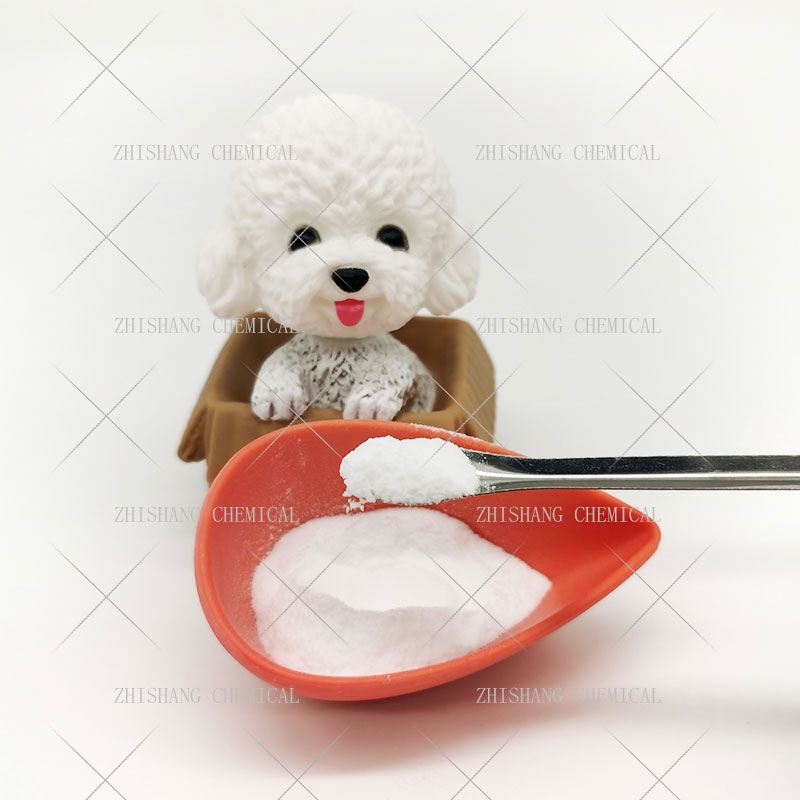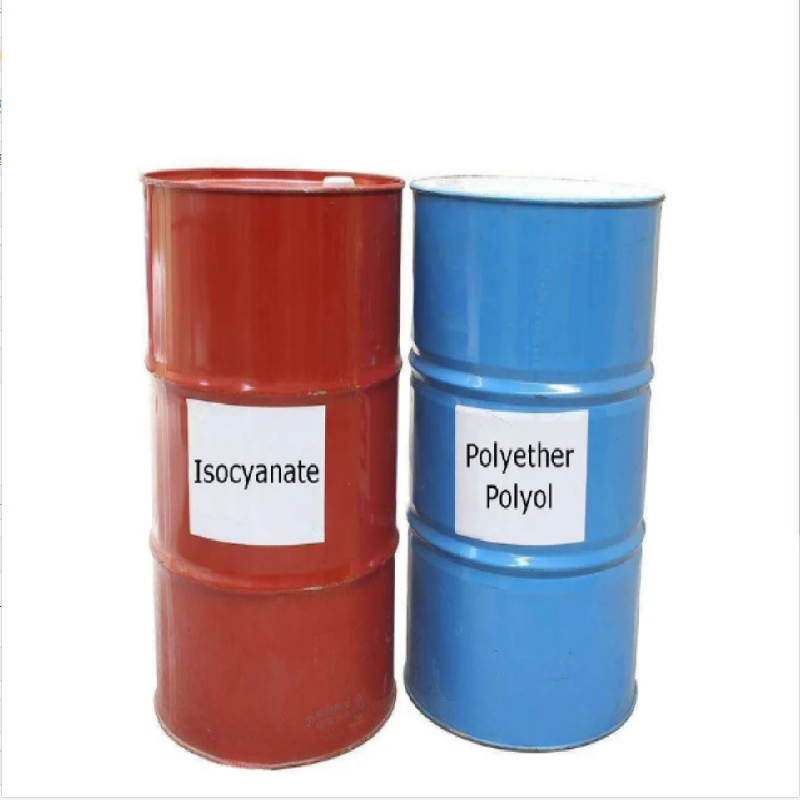-
Categories
-
Pharmaceutical Intermediates
-
Active Pharmaceutical Ingredients
-
Food Additives
- Industrial Coatings
- Agrochemicals
- Dyes and Pigments
- Surfactant
- Flavors and Fragrances
- Chemical Reagents
- Catalyst and Auxiliary
- Natural Products
- Inorganic Chemistry
-
Organic Chemistry
-
Biochemical Engineering
- Analytical Chemistry
-
Cosmetic Ingredient
- Water Treatment Chemical
-
Pharmaceutical Intermediates
Promotion
ECHEMI Mall
Wholesale
Weekly Price
Exhibition
News
-
Trade Service
In a new study, researchers developed water-based polyphenylamine-branching-alkalic resins for anti-corrosion coatings and compared them with physical mixtures.
polarization test shows that the corrosion level of the PANI branched WAR coating is more positive than that of the WAR/PANI physical blend, and cathode corrosion is effectively suppressed. Source: A_Bruno - stock.adobe.com
China
.
water-based polyphenylamine hedging aleate resin (WAR-PANI) anti-corrosion coating is prepared by chemical reaction between war and polyphenylamine (PANI) modified by methyl acrylic shrink glyceride (GMA). The physical mixture of PANI and WAR (WAR / PANI) is also intended for comparison. The obtained WAR-PANI transforms the infrared spectrum and transmission electron microscopy by Fourier. The results show that PANI successfully branched to the WAR chain. Polarization tests show that the corrosion level of the PANI branched WAR coating is more positive than that of the WAR/PANI physical blend, and cathode corrosion is effectively suppressed.
is expected to provide corrosion protection for steel substrates
when the GMA is 2.67%, the WAR-PANI composite has the best corrosion resistance, the corrosion substation changes from -690 mV to -530 mV, and the corrosion current density is reduced from 6.92×10-5 to 9.66×10-11 A cm2. Electrochemical testing further proves that the impedance mod and coating resistance of WAR-PANI are increased by 4 orders of magnitude compared to WAR and 3 orders of magnitude higher than WAR/PANI. The surface shape of the rear coating impregnated in 3.5% NaCl solution also indicates that WAR-PANI has good corrosion resistance and is more resistant to corrosion to steel substrates than the WAR/PANI physical mixture.
the study was published last year: Progress in Organics Coatings 126, January 2019, Pages 187-195.






